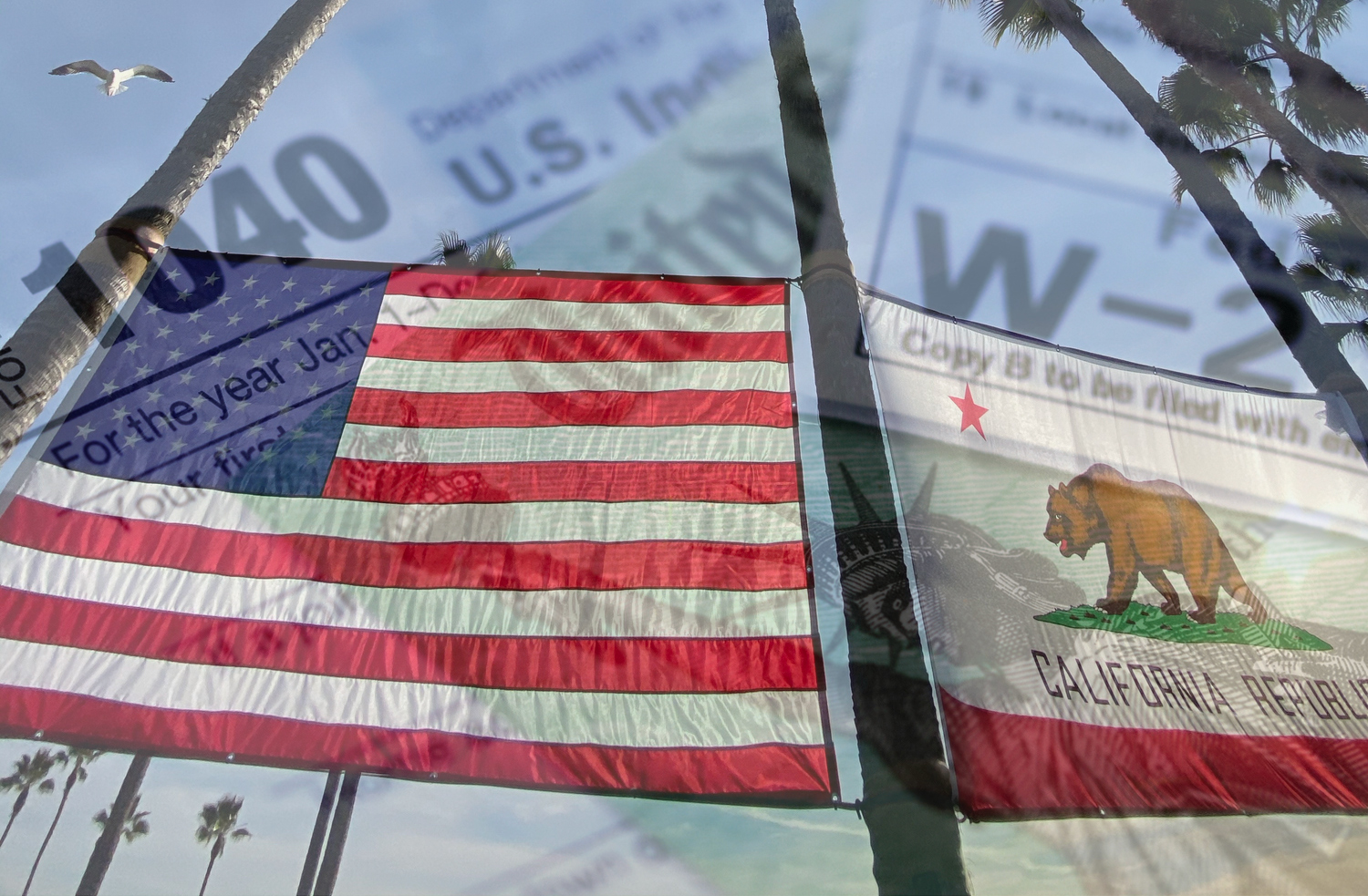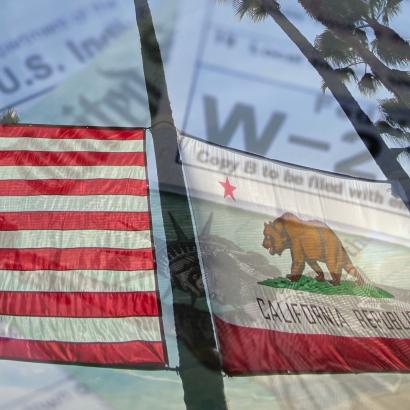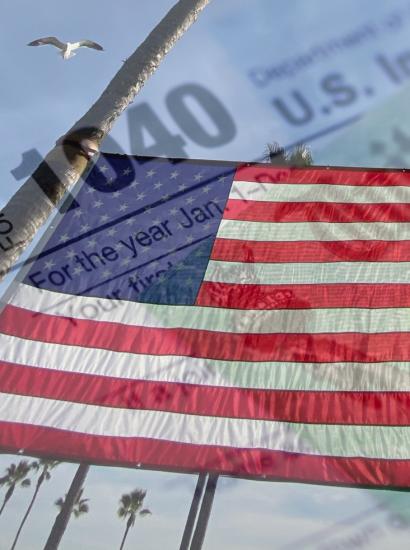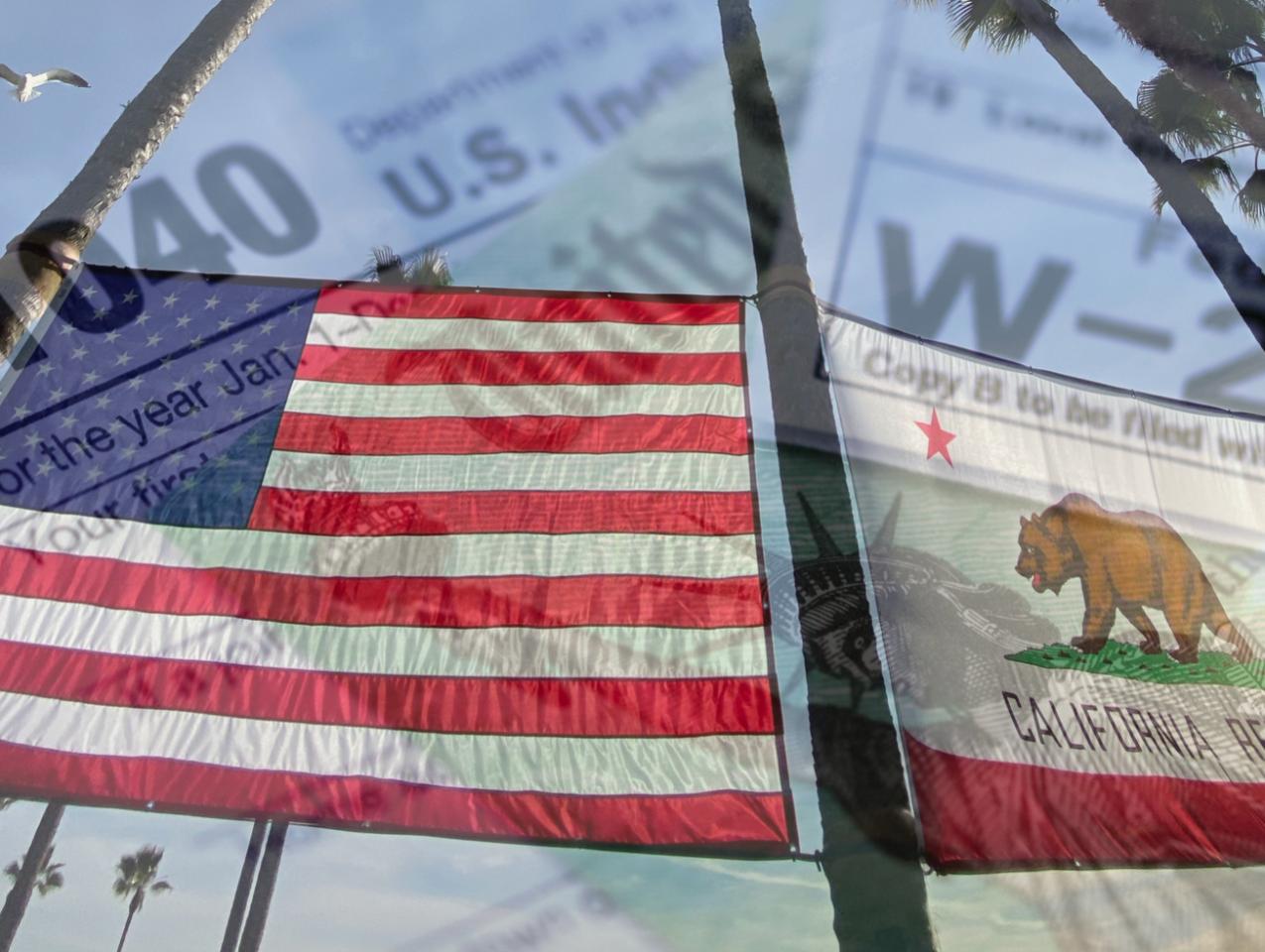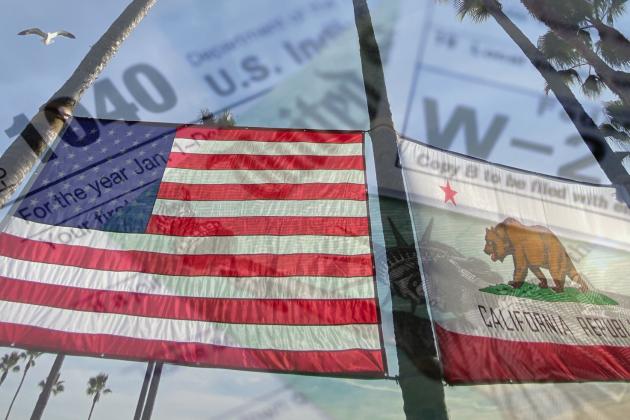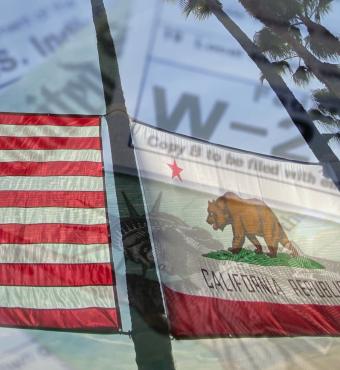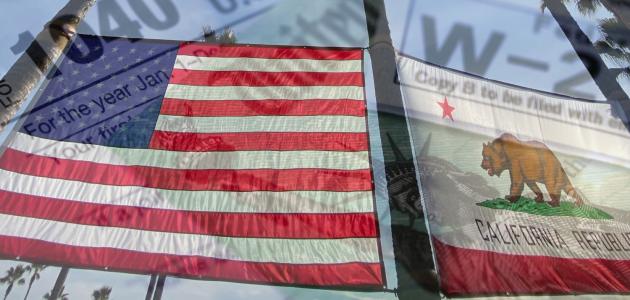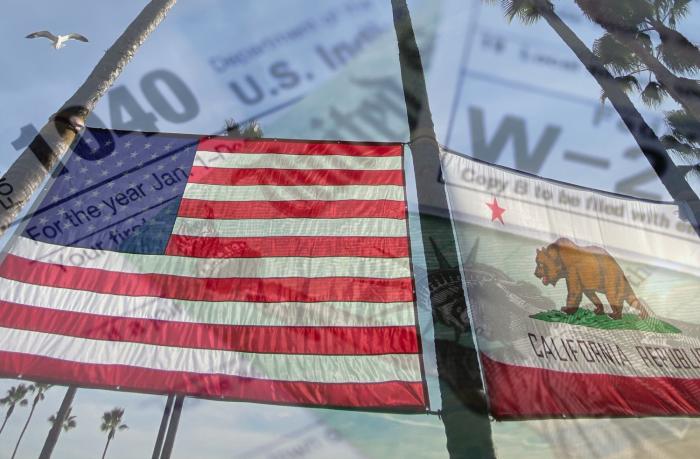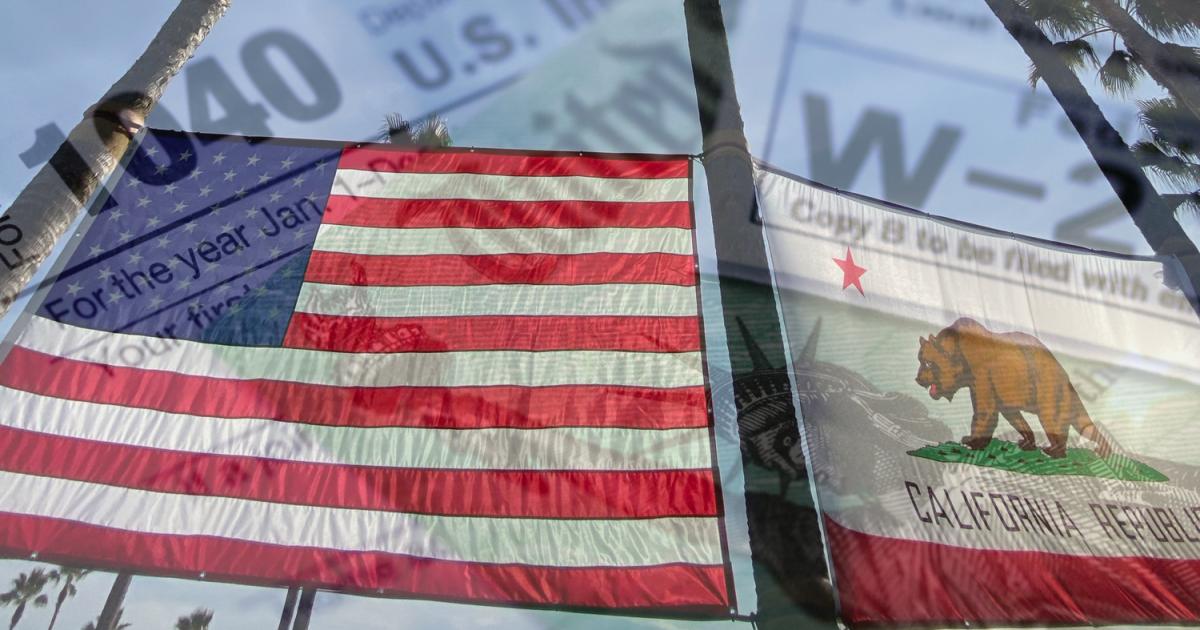For the past six and a half decades, the animosity between the two major-league baseball franchises that relocated from New York to California has taken on many forms.
There is, for example, the jarring image from the summer of 1965 of San Francisco Giants pitcher Juan Marichal taking a wood bat to the head of Los Angeles Dodgers catcher John Roseboro during an on-the-diamond fracas.
Seventeen years later, another Giant struck a different kind of blow: future Hall-of-Famer Joe Morgan, in his last at-bat in a San Francisco uniform, smacking a home run, ending the Dodgers’ playoff hopes that season. (The ball soared over the right-field fence at Candlestick Park, past the retired jersey of fellow Hall-of-Famer Marichal.)
And, on at least one occasion, the rivalry turned deadly: in September 2003, a Giants fan was fatally shot during a post-game dispute in the parking lot of Dodger Stadium.
What comes next in this rivalry?
Maybe a little payback, courtesy of a San Francisco Bay Area state lawmaker and admitted Giants partisan.
That’s one way to interpret SJR 14, the brainchild of California state senator Josh Becker, approved by the Senate Committee on Revenue and Taxation last week, with a floor vote expected in the coming weeks. It calls on US Congress to close a loophole that would allow the Dodgers player Shohei Ohtani to potentially avoid paying more than $90 million in state taxes by deferring his compensation.
The loophole in question: an aspect of the federal tax code created nearly 30 years ago that prevents states from taxing deferred compensation for out-of-state residents if payments are made in equal periodic payments over a decade or more. Not coincidentally, Ohtani signed a 10-year, $700 million deal with the Dodgers last December that pays him $20 million over the next decade, with the remaining $680 million payable from 2034 to 2043—by which time Ohtani will be pushing 50 years of age, presumably no longer playing baseball, and maybe residing in his native Japan instead of the Golden State.
Let’s assume that Becker’s impetus has more to do with tax collection than baseball allegiances. And let’s also note that he’s not the only Democratic senator, state or federal, with a plan for amercing the well-to-do. Back in the nation’s capital, Massachusetts senator Elizabeth Warren has coauthored a federal “Ultra-Millionaire Tax Act,” a proposed 2 percent annual tax on the net worth of households and trusts valued between $50 million and $1 billion, with an added 1 percent annual surtax on the net worth of households and trusts valued above $1 billion.
Then again, Becker’s resolution has a trace of sour grapes, as Ohtani reportedly turned down not one but three offers from the Giants that were “very comparable if not identical” to the Dodgers’ largesse. Or so is the impression with ad hominem verbiage in press releases such as this: “Shohei Ohtani’s Life Could Get Much More Expensive off the Diamond.”
The odds of Becker’s resolution clearing the “friendly confines” of Sacramento? Senate president pro tempore Mike McGuire and Assembly speaker Robert Rivas are Northern Californians. If the resolution clears the legislature and reaches the governor’s desk? Gavin Newsom was seen often at Giants games before becoming California’s chief executive.
But that doesn’t guarantee that US Congress would play ball.
Alex Padilla, California’s senior US senator, is a true-and-blue Dodgers fan, as is his likely seat-mate next year, congressman Adam Schiff. But if Schiff is the upset loser in this fall’s race for US senator from California? One doubts that Republican challenger and former Dodgers great Steve Garvey would care much for the idea.
As it turns out, 2024 shapes up as a year of tax hardball in California—for lawmakers and special interests.
The new year began with Assembly members trotting out AB 259 and another attempt at imposing a “global” tax on Californians’ property and wealth. (The bill aimed to impose a 1.5 percent tax, beginning in 2024, on the assets of those Californians with worldwide wealth exceeding $1 billion, with a 1 percent tax on net worth exceeding $50 million starting in 2026.)
While that measure promptly died at the committee level, it did succeed in two regards: the Wall Street Journal citing AB 259 as a preview of coming attractions (“progressive ideas that originate in California have a habit of spreading”); and Newsom, an opponent of the idea, publicly expressing his disgust with the Journal editorial (“Are you supporting a wealth tax? No, yet again. Why the hell do you keep writing about that?”).
Then again, such rancor might seem like a minor-league squabble six months from now, given a high-stakes battle over taxation coming to California’s November ballot.
At issue: a statewide initiative that would require approval by two-thirds of voters for any local taxes increases, as well as requiring any state tax increases to receive both majority voter approval and a two-thirds vote by the legislature.
Supporting the initiative, formally known as the Taxpayer Protection and Government Accountability Act: a handful of anti-tax groups, including the California Business Roundtable, the Howard Jarvis Taxpayers Association, and the Los Angeles Taxpayers Association. In opposition: Newsom, former California governor Jerry Brown, and a smattering of deep-pocketed unions (AFSCME California, California Professional Firefighters, California State Council of Laborers, SEIU California State Council).
But whereas many initiative struggles ordinarily don’t begin in earnest until after Labor Day, this one has been underway since last September. That’s when the legislature, in an attempt to kill the anti-tax measure, placed its own initiative on the ballot (ACA 13) stipulating than any initiative imposing a new supermajority rule—such as the one at stake this fall—likewise has to receive supermajority approval in order to become state law. In fact, this motion ended up being a pro-tax doubleheader after California lawmakers signed off on an initiative (ACA 1) seeking to lower the threshold for approving bonds and new special taxes from two-thirds approval to a more manageable 55 percent.
As for California’s governor, the plan is the kill the initiative altogether before voters have a say. Thus Newsom and several Democratic allies have asked the state Supreme Court to remove the measure from the November ballot on the grounds that it’s too ambitious to be a mere constitutional amendment (Newsom’s side claiming it’s “unlike any measure that has ever gone before the voters with respect to the sweeping changes it would make to California’s fundamental governmental structure, the foundational powers of its branches, and the government’s ability to provide the essential government functions requiring by a functioning state”).
In all, it could make for an ugly ballot fight come the fall.
So much so that it could make Californians nostalgic for less fractious time—for instance, the spring of 2024, when a Bay Area state lawmaker saw red regarding all the green owed a millionaire wearing Dodgers blue.







